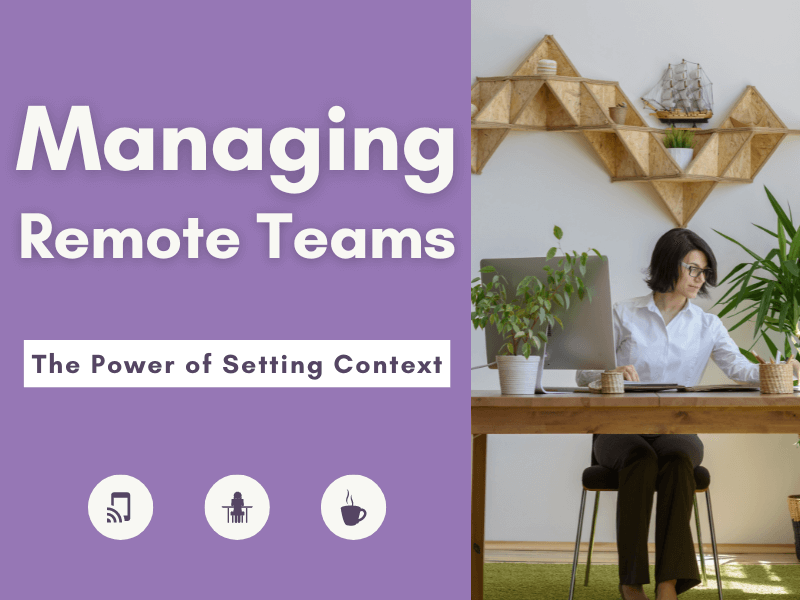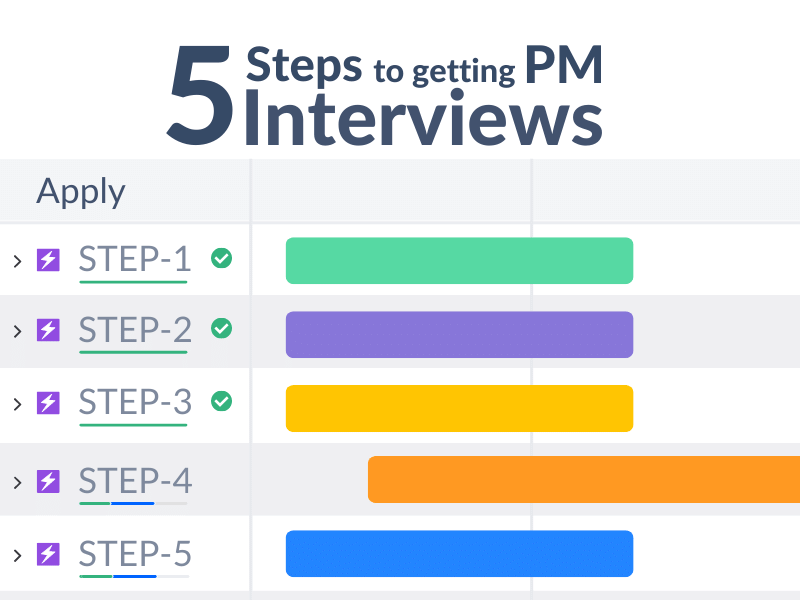Soft Landing in Japan - Lessons from the Japan Taiwan Startup Summit
Startup Island Taiwan hosted their first ever Japan-Taiwan Startup Summit “Together, Go Big” in Tokyo on July 5th and 6th. This innovation conference aims to deepen the relationship between the Japanese and Taiwanese startup ecosystems. With digital transformation DX at its core, over 30 Taiwanese startups from various backgrounds presented their business and vision to an audience of potential partners, businesses and investors.
Wahl+Case had the honor to participate in the expert panel “Soft Landing in Japan” where the panelists discussed best practices and shared advice on the first steps of setting up a successful business in Japan. The panel consisted of experts from different fields with their own unique experiences and backgrounds. Wahl+Case Managing Director Bryan Cheng was joined by Deloitte Tohmatsu Financial Advisory’s Moly Fang, Vice President and Innovation Finance Lead, and Satoshi Yokota, Partner and Head of Technology Sector, and JETRO’s Matt Stephens, Director Invest Japan Business Support Center.
Here is a recap of some of the points that were discussed.
What’s the overall business environment for Taiwanese companies entering Japan?
Satoshi: Compared to other countries, companies from Taiwan have a big advantage in terms of geographic proximity and cultural similarity. So the market barriers due to cultural differences and language are lower than for Western companies for example.
However, before you make any moves it is crucial to conduct a detailed analysis of the timing to enter Japan. Is now the best time or rather in the future? 2021 saw historically high IPO activities and a lot of money being invested in Japan. However the economic outlook is much worse now in 2022 and there is a lot of uncertainty in the market. So you have to take this uncertainty into account when planning any moves to Japan.
Moly: Japan is a very mature market and in some aspects also a very traditional market. There are Japanese companies that are hundreds of years old and business, generally, can feel a bit old school sometimes. But there is definitely potential to learn from these companies because they have been successful in Japan for a long time.
On the other hand, Japan is getting more and more international. Japan is changing and it’s important to understand the strengths and weaknesses of this market.
Matt: JETRO has surveyed over 7000 foreign affiliates in Japan about the biggest barrier to doing business in Japan and the number one answer was the cost of doing business. Other high-ranking barriers were the language, office space, and finding employees. Japan may seem like a difficult environment for foreigners, but things have recently become more comfortable. There are a lot of support networks now, so don’t be intimidated.
Bryan: Japan has become much more open and accessible for foreign companies and also the current generation of employees has a higher ratio of people who are open-minded and willing to join foreign startups. This makes it easier for Taiwanese startups to find talented people in Japan.
How should startups approach Japanese investors or communicate with Japanese partners?
Moly: In Japan, partnerships are very important. You have to look for partners on the sales side as well as the investment side. Always keep in mind your core business and choose a partner who is the best fit, not only in monetary terms but also for long-term business success.
Rather than just pitching it’s more about choosing the right partner for the long run. Investors in Japan see a lot of value in Taiwanese startups so they are willing to invest. But you always have to think about whether this money can help you solve a problem and grow your business, or whether it creates pressure. Investors should help you not hinder you in your growth.
Satoshi: You have to analyze each investor and think about what you are expecting from them. Then personalize the scripts and pitches to each investor. Use the right messaging and choose the right external advisor. Whether you talk to VCs or CVCs you want to achieve a mutually beneficial agreement of synergies. So do your homework before meeting them.
Matt: Compared to the US the scale of investment in startups is much smaller in Japan. It’s important to get a lead investor quickly because a lot of Japanese companies avoid high-risk investments and tend to wait for other investors to go in first. Then they will follow.
One more thing about location. If you need to be close to your investors, Tokyo is the place to be. Other areas in Japan, even big cities like Osaka, don’t have nearly the scope of investors.
As a startup, there’s never enough money! How and where should startups allocate their resources and spend their budget?
Moly: A lot of people think Japan is expensive and certainly Tokyo is an expensive city to rent an office, but that hurdle is decreasing. There are coworking spaces and other options available now.
Also, depending on your business you might not need to be in Tokyo. If you are working with manufacturers, Aichi prefecture might be a better option and if you are working with pharma companies, you might want to be in Kansai. This will reduce your cost as well.
Satoshi: Currently we have the weakest Japanese Yen in 20 years. So this is an advantage for foreign companies to rent office space in Japan or hire people at a lower cost. It is difficult to predict the future, but these are all things to consider.
Matt: I can tell you where not to spend money. JETRO offers free office space for foreign companies for the first 2.5 months after entering Japan. The Japanese government is very interested in bringing more foreign companies in and aims to double the amount of inbound FDI to 80 Trillion Yen in 2030. So we also offer services like market intelligence and we connect foreign companies to potential partners, vendors, and distributors locally.
Bryan: When you build your business, people should be at its core. So you should heavily invest in people. They will build your company and drive your culture. People will bring innovation to your company and help you grow.
You don’t have to spend money on a nice office or furniture. Will that really take your company to the next level?
Can you share insights on hiring and recruitment in Japan?
Bryan: Companies entering Japan have two choices in the beginning. They can send someone from HQ to roll out the business in Japan or they can hire someone locally. Both options have their pros and cons. If you send someone from HQ that person has all the knowledge about your company, its products and services, and can bring your company culture to a new market. A local hire on the other hand knows the Japanese market and has an existing network they can utilize for initial business development and sales. You have to consider both options or a hybrid option carefully before making your move.
Time commitment is another factor you must consider. Some people still think they can just come to Japan, test the market and see how it goes. From my experience, that doesn’t work. When entering Japan you should think about a commitment of at least 3 years to ramp up your business and make it a success. It will take longer than in other markets but the return will be worth it. Japanese customers and partners tend to be very loyal.
Matt: Japan is a very tight labor market with an unemployment rate of less than 3%. Traditionally Japanese employees tend to stay at a company for much longer than in Western countries, which is still based on the system of lifelong employment.
That is slowly starting to change in recent years though. Especially the younger generation tends to change jobs more frequently. However, even if you find a candidate who is willing to join your company, their parents, partner, or other family members might be a roadblock and advise the candidate not to leave stable employment to join a startup.
So it can take a startup up to 6 months or more to fill a position. There are several options to find people like on social media, events, word of mouth, or recruitment firms. In my experience, recruitment firms are the fastest to fill openings but they also have a cost of about 35% to 45% of a candidate’s annual salary. But as we mentioned several times before, people are key to growing your business, so in many cases, it will be worth the investment.
How do you establish and operate a local presence?
Moly: It will be a turbulent journey and there will be several challenges. Let me just mention these 3.
Is there demand for your product or service? Maybe there isn’t or the space is already crowded with competitors. In these cases, it might not be necessary to consider Japan as a market.
Japan’s business culture has a lot of formalities you have to effectively navigate. There are many different rules you have to respect and follow.
You have to know “the right people”, especially when you sell to large companies. These right people are hard to identify though. Deloitte is connected to many teams across a wide range of companies, we can’t say for sure that we will connect you to the right people, but we can set you in the right direction.
Matt: Setting up a subsidiary in Japan is actually very easy and fast. It takes about 3 weeks. To set it up on paper, you just need an address. It can be an office, a friend’s address, or just a virtual address. You can even have your leadership team outside Japan in the beginning. Eventually, you would want to have an office in Japan though.
In terms of relocating to Japan, there is a Startup Visa which makes it easier to come here. It is valid for an initial 6 months and if your business is on a good track you can get another 6 months. Then you have to apply for the Business Manager Visa. There are also 15 local governments to partner with. They will help you with your first business steps in Japan.
Bryan: I think we have covered most. Just let me say two things: Hire the right people and take some intelligent risks.


























